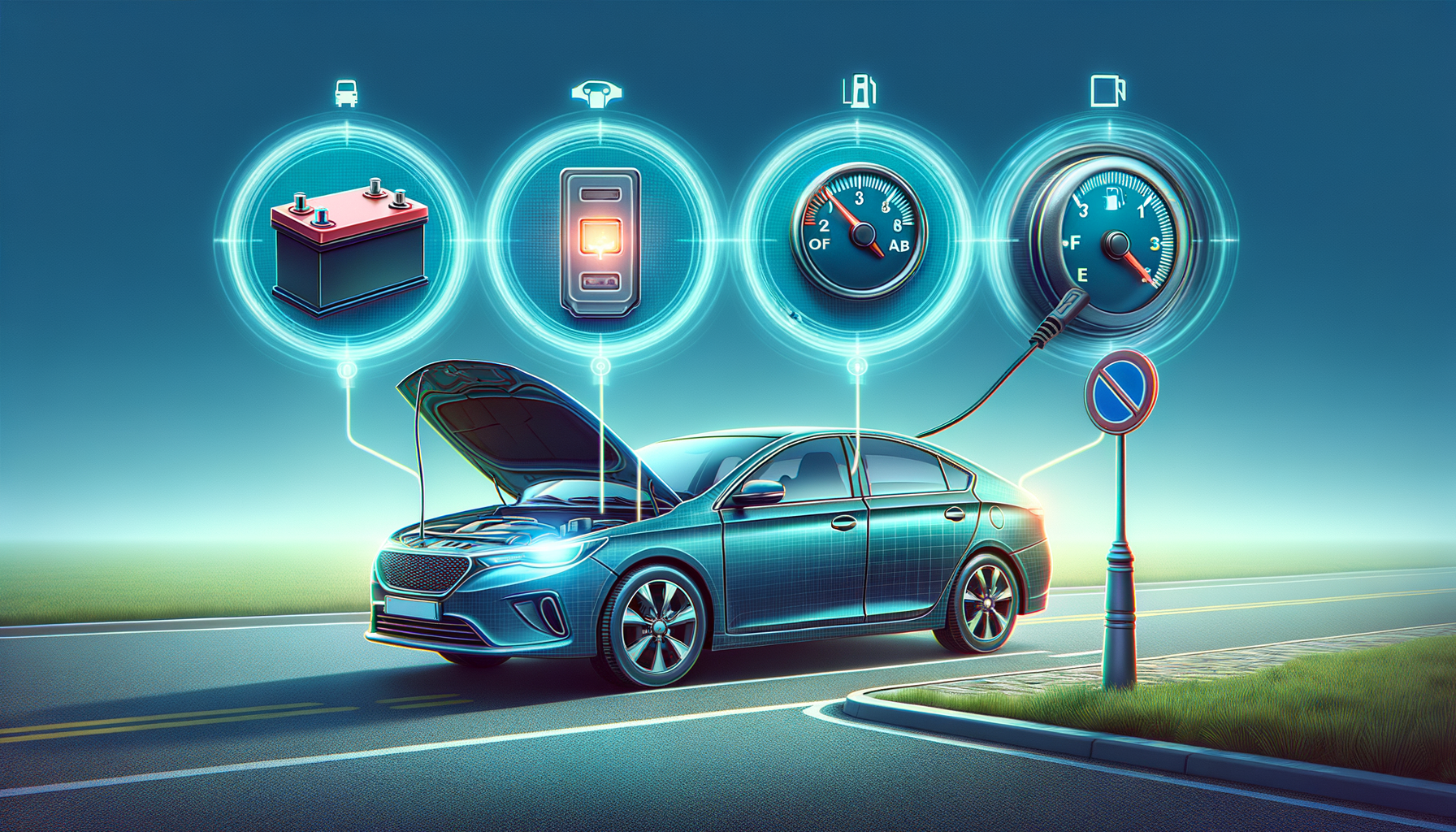Car Won’t Start? Check These 3 Things Before Calling a Mechanic.
Understanding the basics of car repair can save time and money, and prevent unnecessary stress.

Introduction to Car Repair
Understanding the basics of car repair can save time and money, and prevent unnecessary stress. Whether you’re a seasoned driver or new to the road, knowing a few simple troubleshooting tips can make a significant difference. Cars, like any other machine, have a way of breaking down at the most inconvenient times. However, before you dial your mechanic’s number, there are a few things you might want to check yourself. This article will guide you through some initial steps you can take when your car refuses to start, potentially saving you from unnecessary repair costs.
Battery Issues: The Usual Suspect
The car battery is often the first place to look when your vehicle won’t start. A dead or weak battery is a common culprit, especially in colder months. Here’s what you can do to diagnose battery issues:
- Check for corrosion on battery terminals, which can inhibit the flow of electricity.
- Use a multimeter to test the battery voltage; a healthy battery should read around 12.6 volts.
- Ensure the battery cables are tightly connected.
If the battery is the issue, a jump start might be all you need to get back on the road. However, if your battery frequently dies, it might be time to replace it or check for underlying issues like a faulty alternator.
Fuel System: Is There Enough Gas?
It might sound obvious, but ensuring your car has enough fuel is an essential step. Sometimes, faulty fuel gauges can lead you to believe you have more gas than you actually do. If you suspect a fuel issue, consider the following:
- Listen for the fuel pump noise when you turn the key to the „on“ position. If you don’t hear anything, the pump might be faulty.
- Check for fuel leaks under the car.
- Consider whether the fuel filter might be clogged, restricting fuel flow.
Addressing these issues can sometimes be a simple fix, such as adding more fuel or replacing a clogged filter, allowing your car to start smoothly again.
Ignition System: Sparking the Engine
The ignition system is responsible for igniting the fuel-air mixture in your engine’s cylinders. If your car won’t start, it might be due to a problem with this system. Here’s how you can check:
- Inspect the spark plugs for wear or damage. Worn-out spark plugs can prevent the engine from starting.
- Check the ignition coil, which transforms the battery’s voltage to a level high enough to create a spark.
- Look at the distributor cap and rotor for cracks or corrosion.
Replacing faulty components in the ignition system can restore your car’s ability to start. Regular maintenance, such as changing spark plugs and inspecting ignition parts, can prevent these issues from occurring.
Conclusion: Be Prepared and Save Money
By understanding the basics of car repair and knowing what to check when your car won’t start, you can save both time and money. While some problems require professional intervention, many issues can be diagnosed and resolved with a bit of knowledge and effort. Keeping your car well-maintained and being aware of its components will reduce the likelihood of unexpected breakdowns. So, the next time your car refuses to start, remember these tips before calling a mechanic. With the right approach, you can keep your vehicle running smoothly and efficiently.